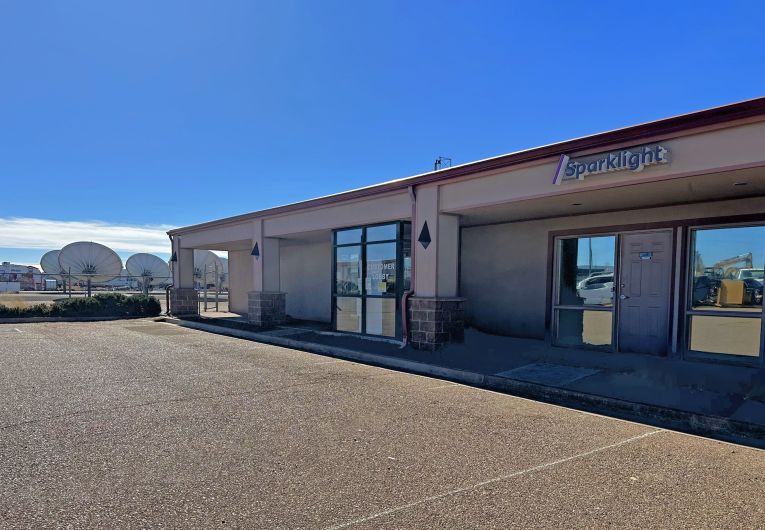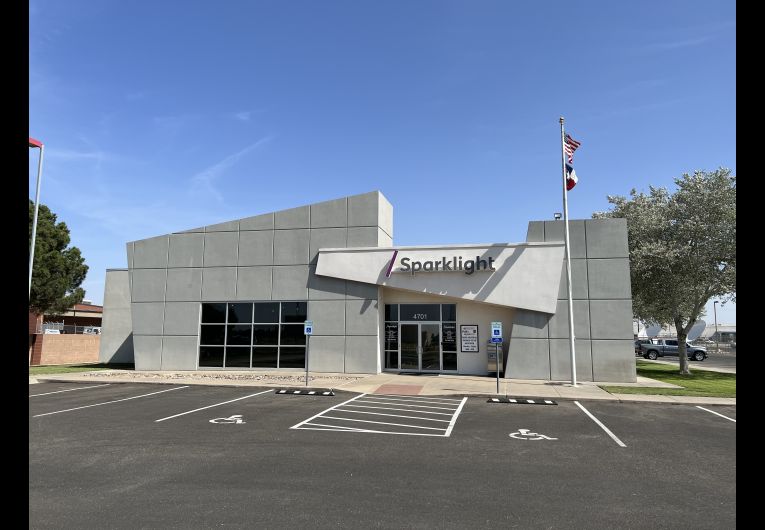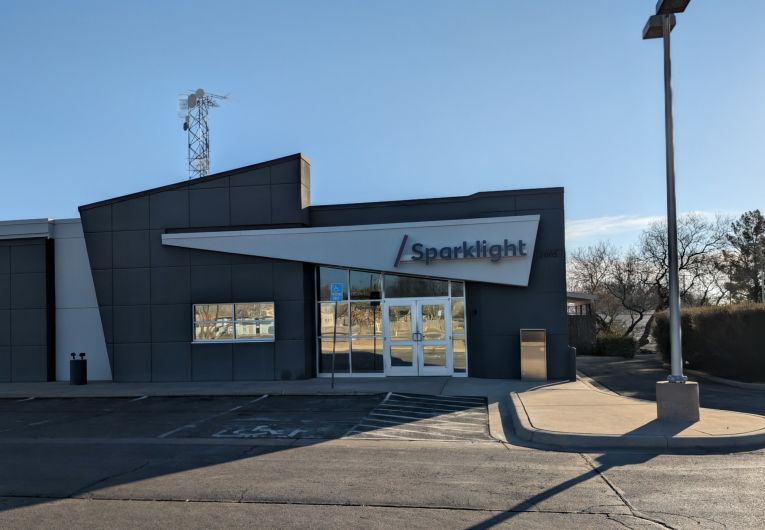
What “No Data Limit” Plans Truly Mean
You might have heard the term “no data limit” recently in advertising. While your provider may describe their service as having “no data limits,” they’ll actually have to limit your data usage at a point. It’s essential to understand what the term truly means, and to remember your limit to make sure you’re getting the best connection to keep your business running smoothly.
The Limit of “No Data Limits”
When Internet providers say they're offering unlimited data, they mean that while there is a data limit, it’s so high you’re truly unlikely to reach it. Typically, the limit is around 8 terabytes, or 8 million megabytes of information, per month. Most businesses don’t come close to using that much data in a single month, so they can’t tell the difference between this limit and no limits.
Internet companies aren’t being nefarious. They simply have no way of providing truly unlimited data on a shared system, because if every one of their customers used an exorbitant amount of data at once, they wouldn’t be able to handle it. Providers reason that they may as well call it unlimited since most customers don’t use anywhere near that much.
High-Consumption Customers
The vast majority of businesses don’t use enough data to exhaust an “unlimited” plan. But certain organizations consume especially large quantities of data, and can thus end up going over 8 terabytes. These include medical imaging centers, which transfer large, detailed images on a regular basis, as well as 911 call centers that must stay in contact with large numbers of people, for example.
Organizations like these run into trouble when they go over 8 terabytes. They are often unable to operate efficiently at that point, which is no small matter given how important their responsibilities are. If you run a business with similar data needs, you must make sure your connection can handle it.
Alternative Connections for Data-Intense Customers
If 8 terabytes a month isn’t enough for you, consider dedicated internet access. This involves setting up a private connection between your office and your internet service provider. It’s distinct from shared internet access, where your business uses the same connection as other organizations in your area.
With shared internet, the more data you use at a time, the less bandwidth is available for others, forcing the provider to cap your service. But with a dedicated connection, your provider can continue giving you the same quality of service no matter how much data you’ve used. Dedicated connections also benefit from having symmetrical download and upload speeds and faster service, especially if they’re delivered through fiber optic cables. So, if you're a business with heavy data needs, fiber optic Internet access is a worthy investment.
While many internet providers say they offer “no data limits,” they reasonably end up capping your service at a certain point. But with a dedicated fiber optic internet connection, you can break through these limits and use as much data as you need.
The trends, insights, and solutions you need to grow your business.
By signing up, you’re subscribing to our monthly email newsletter, The
Wire. You may unsubscribe at any time.
Your information stays safe with us. Learn more about our privacy
policy.











![[#MSP_NAME#] Logo](/themes/sparklight_business/images/transition-logos/migration-banner-logo-[#MSP_CD#].png)
